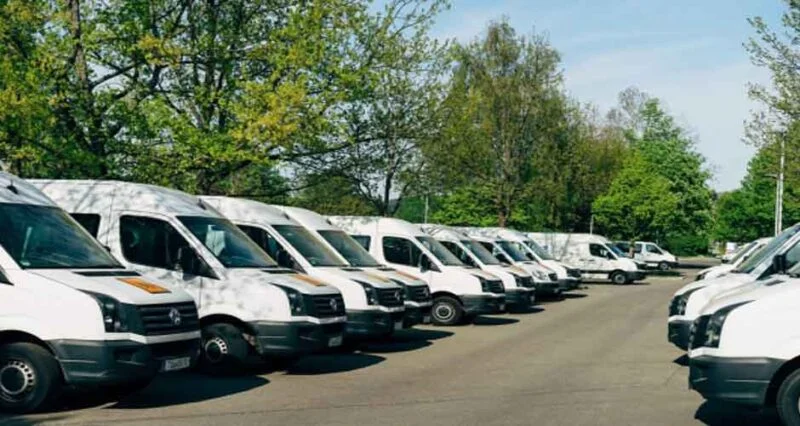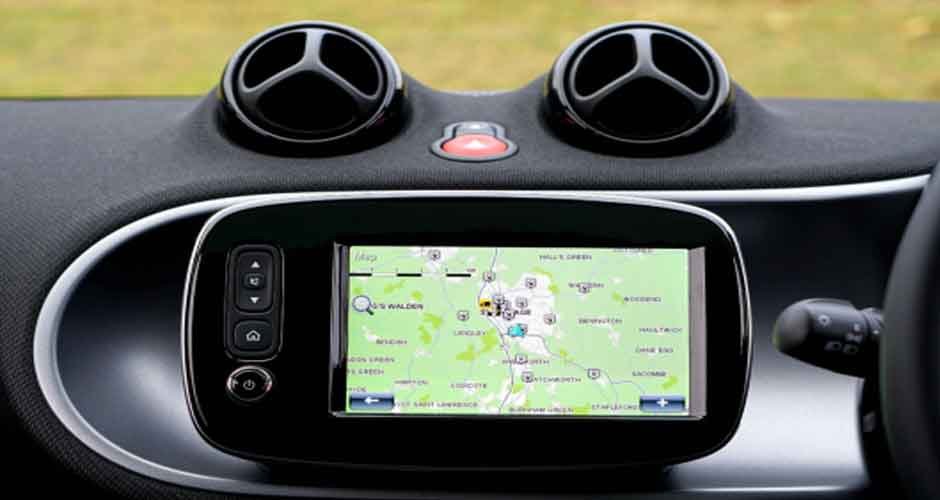
In today’s competitive business landscape, efficient fleet management can significantly affect a company’s bottom line. Choosing the right fleet for your operations is crucial whether you’re a small business or a large corporation. Several critical factors should be thought of to ensure you make the best decision for your business needs.
Cost
Cost is always a consideration when choosing a fleet. Consider the upfront cost of purchasing the vehicles and the long-term costs associated with maintenance and repairs, as well as fuel. It’s also important to consider any financing options that may be available to help offset the initial cost. Opt for electric vehicle novated leasing if it aligns with your business goals and budget. Novated leasing can provide significant cost savings and tax benefits, especially for electric cars, which typically have lower running costs and maintenance requirements than traditional vehicles.
- Maintenance and Repair Costs: Another essential factor to think about is the maintenance and repair costs associated with the vehicles in your fleet. Look for cars that are known for their reliability and durability and have a good track record for low maintenance costs.
Vehicle Type and Size
A primary consideration when choosing a fleet is the type and size of vehicles that best suit your needs. Consider the nature of your business and the tasks the cars will be used for. For example, if you need to transport goods, you may require trucks or vans with ample cargo space. On the other hand, if your fleet will primarily be used for transportation, you may opt for smaller, more fuel-efficient vehicles.
Electric vehicles (EVs) are now popular due to their environmental benefits and lower operating costs. They offer reduced fuel and maintenance expenses, making them an attractive option for businesses looking to lower their total cost of ownership. Additionally, governments and local authorities often offer incentives for companies to adopt EVs, further reducing the upfront costs.
- Driver Comfort and Convenience: Finally, consider the comfort and convenience of your drivers when choosing a fleet. Look for vehicles that are comfortable to driveand offer features such as ergonomic seating and intuitive controls. A happy and comfortable driver is likely to be safe and productive.
Fuel Efficiency
Fuel costs are a great expense for businesses with large fleets. Choosing fuel-efficient vehicles can help reduce costs and minimize your environmental impact. Consider vehicles with hybrid or electric options and those with advanced fuel-saving technologies.
- Environmental Impact: For many businesses, reducing their environmental impact is a priority. Consider choosing more environmentally friendly vehicles, such as those with lower emissions or alternative fuel options. This helps reduce your carbon footprint and can also enhance your company’s reputation as a responsible corporate citizen.
Technology and Connectivity
In today’s digital age, technology is crucial in fleet management. Look for vehicles with advanced technology, such as GPS tracking, telematics, and fleet management software. These tools can help you monitor your fleet more effectively and optimize your operations.
- Safety Features: Safety should always be a top priority when choosing a fleet. Look for vehicles with advanced safety features like airbags, anti-lock brakes, and stability control. Additionally, consider the safety record of the cars you are considering and any available safety ratings.

Choosing the right fleet for your business requires careful consideration of several vital factors. By evaluating your needs and prioritizing the most critical factors, you can select a fleet that will help you achieve your business goals and maximize your return on investment.


